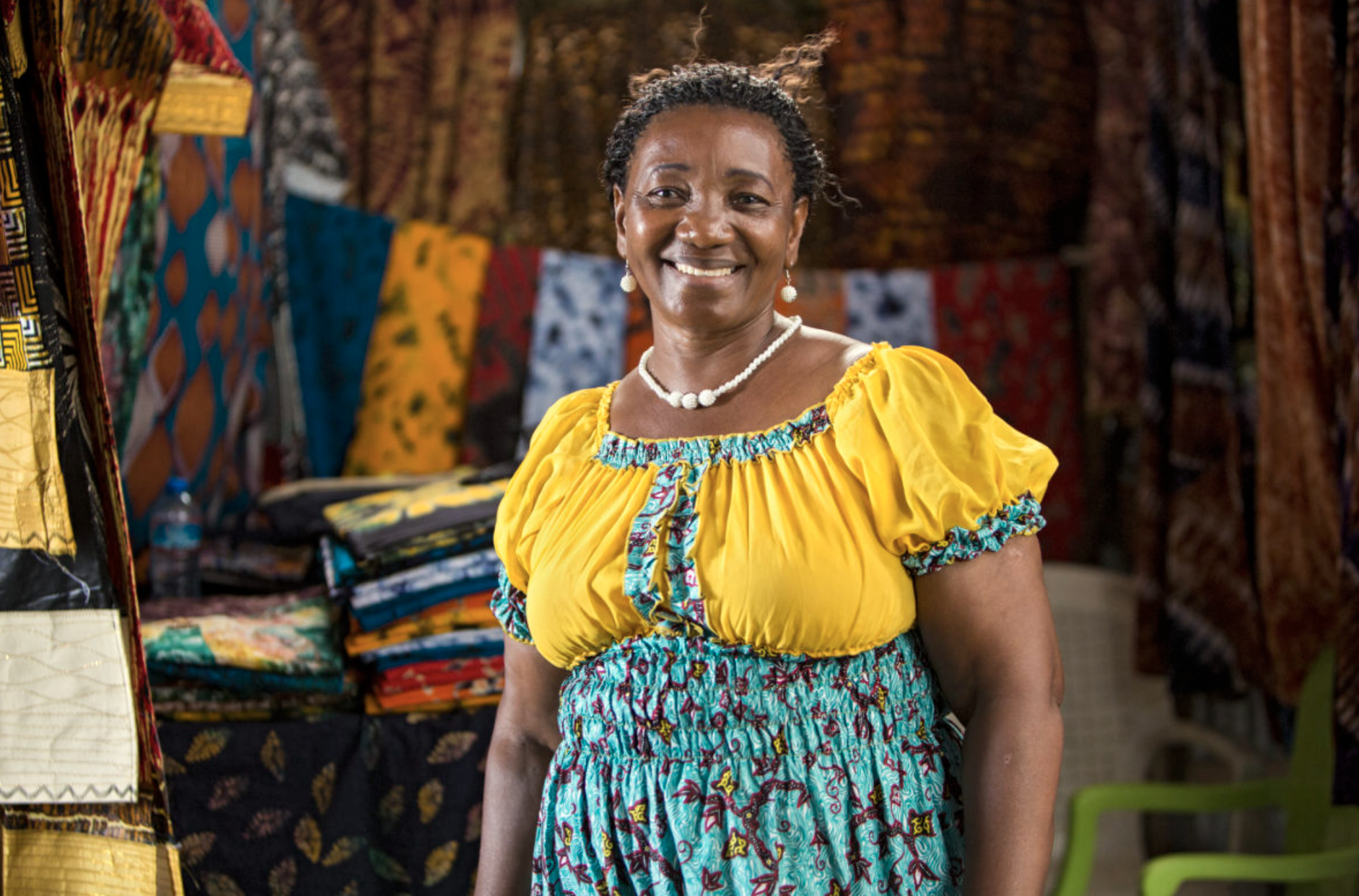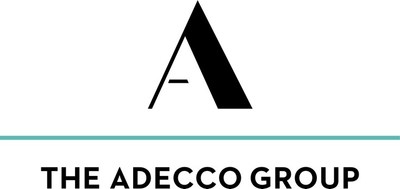In entrepreneurship, Africa emerges as a global standout region, boasting gender parity in self-employment and entrepreneurial pursuits, as noted by Toni Weis, a financial specialist at the World Bank’s Gender Innovation Lab. This achievement is particularly noteworthy when juxtaposed with neighbouring regions like the Middle East and North Africa. However, despite this progress, African women encounter significant challenges that impede their entrepreneurial success.
Honorine Kadio, a networks and telecoms engineer for Orange in Côte d’Ivoire, sheds light on the pervasive issue of women losing business confidence, resulting in slower networking development and limited international connections. Often, women hesitate to apply for roles or feel out of their comfort zone in pursuing business opportunities, as Kadio aptly articulates.
While female business leaders have a strong presence in Africa, their entrepreneurial journey faces numerous obstacles. Formal job prospects and interviews predominantly favour male candidates, thereby restricting corporate roles for women. Consequently, women are increasingly propelled towards innovation and self-employment by fellow women, striving to carve their niche in the business sector.
Despite the strides made in recent years, female participation in businesses across Africa continues to face hurdles rooted in economic, social, and legal factors. The progression has been fueled by economic growth, widespread urbanization, and shifts in government laws. However, as Kadio emphasizes, the battle for gender equality must commence at the grassroots level, ensuring that educational opportunities are accessible to all genders.
Education emerges as a pivotal factor, as the limitations on female education contribute to the gender disparity in senior roles. Due to fewer educational opportunities for women, there are more men than women in senior positions. This underscores the urgency to address educational disparities and create pathways for women to excel in various sectors.
Financial constraints and funding pose another significant challenge for women entrepreneurs in Africa. Weis notes that women’s limited access to capital, rather than a lack of belief in their business, hampers their venture investment. Women encounter difficulties raising funds from networks, financial institutions, and equity investors, leading to disparities in start-up financing.
“Women tend to have a much harder time raising funds from their networks, financial institutions and equity investors,” he added. “Looking at start-up financing data from across Africa, we found that entirely male founding teams raise about $25 for every dollar raised by all-female founding teams.”
Nonnie Wanjihia Burbidge, a venture capital investor for Zephyr Acorn in Kenya, corroborates this sentiment, citing her experience of financial challenges stemming from the gender pay gap. Female founders receive disproportionately less venture capital, further exacerbating the funding gap for female-led start-ups. The lack of venture capital contacts among women underscores the urgent need to address funding disparities and promote gender-inclusive investment practices.
Despite the formidable barriers of networking limitations, financial struggles, and entrenched biases, women entrepreneurs persevere in their pursuit of success. However, their journey is fraught with legal and cultural obstacles that hinder their rights and opportunities. Human rights organization Equality Now’s research reveals the prevalence of harmful practices such as child marriage, female genital mutilation, and marital rape, which curtail women’s rights in Africa.
These practices are perpetuated by pluralistic legal systems, where legislative frameworks coexist with customary and religious laws. As Esther Waweru, a senior legal adviser at Equality Now, highlights, culture and religion often serve as major impediments to gender equality, stalling reforms and undermining women’s rights. Despite legislative progress in some African nations, harmful practices persist due to legal loopholes and societal norms.
While Africa has made commendable strides towards gender parity in entrepreneurship, women face multifaceted challenges that hinder their entrepreneurial journey. Addressing these challenges requires concerted efforts to promote gender-inclusive policies, ensure equal access to education and funding, and eradicate harmful practices through legislative reforms and societal transformation. Only through collaborative action can Africa unleash the full potential of its women entrepreneurs and foster inclusive economic growth and prosperity across the continent.




)


